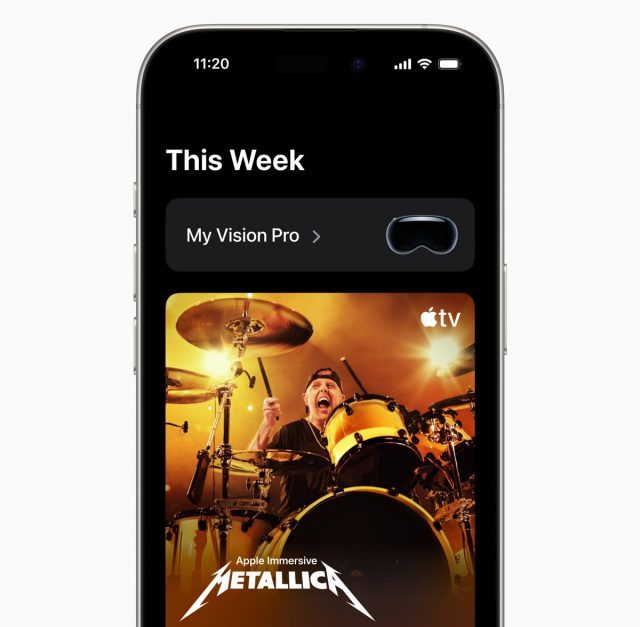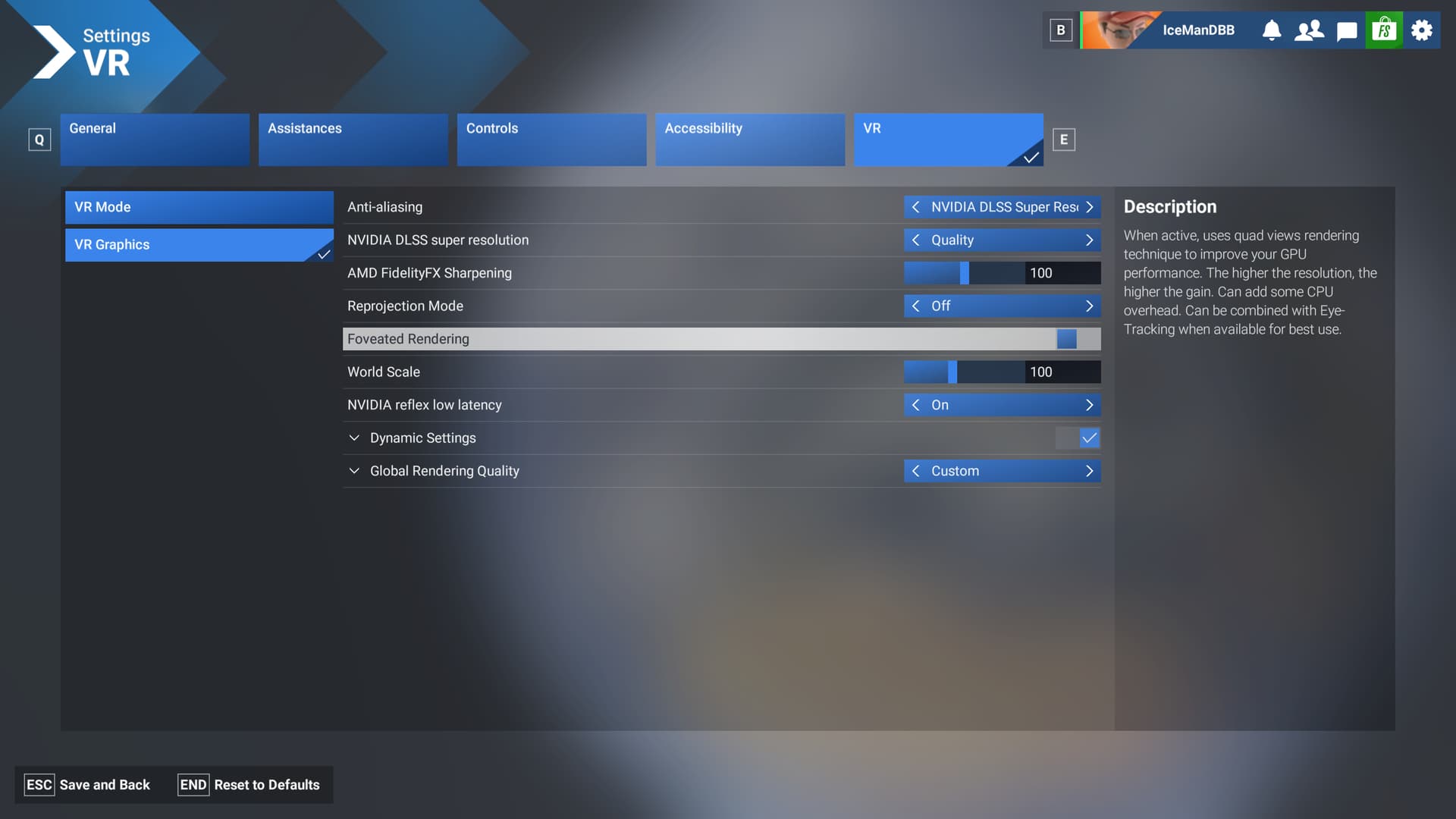As part of Meta’s huge announcement today, the company says its rebranding the Quest Store to the Meta Horizon Store. In doing so, the company plans to make it easier for developers to get their content onto the platform.
As it stands today, the Quest Store only includes apps that Meta has allowed into the store on an individual basis. Then there’s App Lab, which acts like an ‘unlisted’ store; customers can buy and download content from App Lab, but only if they know the exact name of the app or have a direct URL to the app’s page.
While Meta says its decision to gatekeep the main Quest Store was to keep app quality high, developers have long claimed that the process of getting an app into the Quest Store is opaque and burdensome.
With the announcement that Meta is opening up the Quest OS (now rebranded as Meta Horizon OS) to third-party headsets, the company also says it plans to make its store more open for developers (now called the Meta Horizon Store).
App Lab isn’t going away, but now the company says customers will at least have a way to browse App Lab through the main Horizon Store.
“We’re beginning the process of removing the barriers between the Meta Horizon Store and App Lab, which lets any developer who meets basic technical and content requirements ship software on the platform. App Lab titles will soon be featured in a dedicated section of the Store on all our devices, making them more discoverable to larger audiences,” says Meta.
That’s not exactly what developers want, but it’s at least a step in the right direction.
Meta also reaffirmed that it will allow apps from other platforms to be accessed through the Horizon Store—like Xbox Cloud Gaming for flat games and Steam Link for PC VR content.
And even though Meta Horizon OS is based on Android and can technically run sideloaded Android apps, the Google Play Store is not available on Meta’s headset. Meta still clearly wants that, and is trying to signal that Google is the reason it hasn’t happened yet.
“[…] we encourage the Google Play 2D app store to come to Meta Horizon OS, where it can operate with the same economic model it does on other platforms,” says Meta.
In the meantime, Meta says it’s building a new “spatial app framework” to help Android app developers build and enhance their flat applications for XR. Crucially the company says the framework will allow mobile app developers to “use the tools they’re already familiar with,” instead of learning a game engine like Unity which powers the vast majority of immersive apps on the platform.







